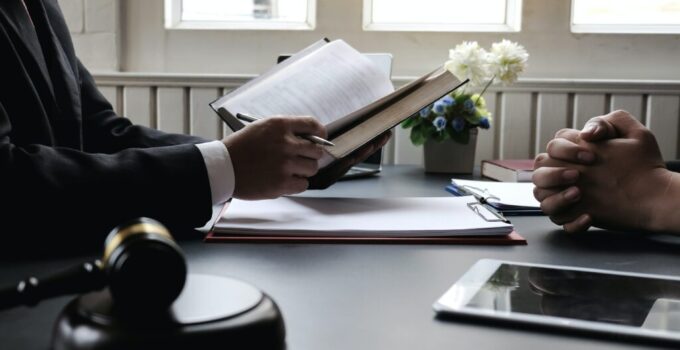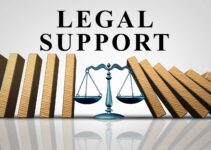Adultery, a sensitive and complex issue, often becomes a contentious topic in legal disputes, particularly in divorce cases. When suspicions of adultery arise, individuals may consider the use of technology, such as phone monitoring, to gather evidence. Phone monitoring can include tracking calls, messages, and even the location of the suspected partner. It’s crucial to navigate this area with an understanding of the legal implications involved.
While tools like Spy Bubble offer insights into a partner’s phone usage, it’s essential to understand the legality of such actions. Different jurisdictions have varying laws regarding privacy and surveillance, which can significantly impact the admissibility of evidence obtained through phone monitoring in legal proceedings.
Page Contents
1. Legal Grounds for Adultery Claims

Source: atclawfirm.com
Proving adultery requires more than just suspicion or hearsay; it demands concrete evidence that can stand up in a court of law. Understanding the legal grounds for adultery is the first step in this process. Adultery typically involves voluntary sexual intercourse between a married person and someone who is not their spouse. However, the legal definition and implications of adultery can vary significantly from one jurisdiction to another.
When it comes to proving adultery, evidence must be clear, convincing, and more than just circumstantial. This evidence can range from photographs and videos to witness testimony and documentation. In some cases, digital footprints left through communications on mobile devices can be crucial. However, it’s important to gather this evidence legally to ensure it’s admissible in court.
Proving adultery has direct implications on divorce proceedings, affecting aspects like alimony, child custody, and division of assets. Therefore, it’s crucial to approach this matter with a clear understanding of the legal standards in your specific area. Consulting with a legal professional can provide valuable insights into what constitutes valid evidence of adultery and how to legally obtain it.
2. The Role of Phone Monitoring
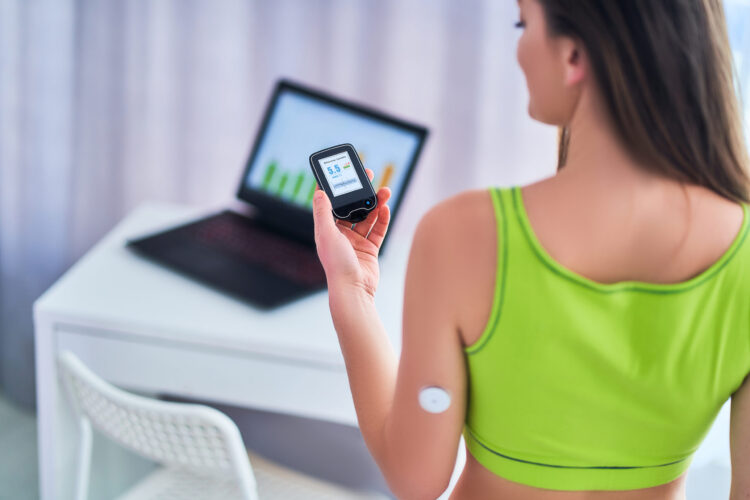
Source: hospitalmanagementasia.com
Phone monitoring can play a pivotal role in gathering evidence of adultery, but it must be approached with a clear understanding of its legal ramifications. In many cases, monitoring a spouse’s phone without their consent can infringe on privacy laws, making any obtained evidence inadmissible in court and potentially leading to legal repercussions against the person conducting the surveillance.
There are scenarios where phone monitoring can be legally utilized. For instance, if the monitored party has given explicit consent or if the person conducting the monitoring has legal authority over the device (such as in the case of a shared family plan), the activity may fall within legal boundaries. It’s important to note that these conditions vary significantly across different jurisdictions.
The key to legally and effectively using phone monitoring in adultery cases lies in understanding and adhering to the relevant laws. This may involve seeking legal counsel before undertaking any monitoring activity. It’s also crucial to use legitimate and legally compliant tools for monitoring, ensuring that the methods used do not infringe upon any privacy laws or rights.
3. Gathering Evidence
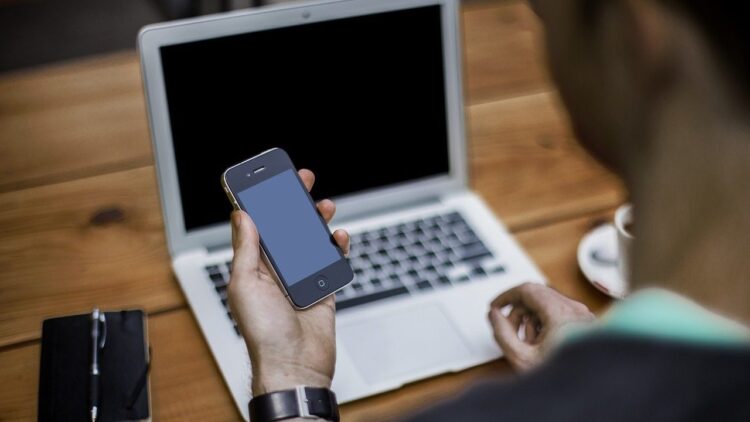
Source: michalsons.com
Beyond phone monitoring, there are various legal methods available for gathering evidence of adultery. These methods must be employed carefully to ensure that the evidence collected is admissible in court and does not violate any legal statutes.
One effective method is hiring a professional private investigator. Licensed investigators are aware of legal boundaries and can gather evidence through surveillance and other legal means. Photographs, videos, and detailed reports provided by investigators can be powerful evidence if collected lawfully.
Another method is collecting digital evidence like emails, social media interactions, and financial records. However, accessing such information must be done legally. Unauthorized access to a partner’s personal accounts or devices is not only illegal but can also jeopardize the case.
Witness testimony can also be valuable. Friends, neighbors, or coworkers might provide testimonies that support claims of adultery, as long as these testimonies are obtained lawfully and ethically.
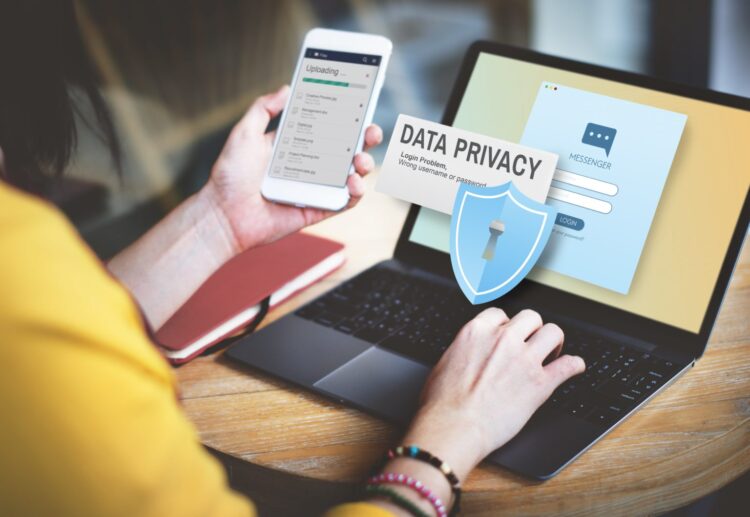
Source: remotedesk.com
Privacy laws play a crucial role when considering phone monitoring in the context of proving adultery. These laws are designed to protect individuals’ personal information and communications from unauthorized access and surveillance.
In many jurisdictions, monitoring someone’s phone without their consent is a violation of privacy laws. These laws are particularly stringent when it comes to accessing stored communications like texts, emails, or call logs. The key to legally navigating phone monitoring is understanding the extent and limitations of these laws.
Before engaging in any form of phone monitoring, it is advisable to consult with a legal expert. They can provide guidance on what is legally permissible in your jurisdiction. In some cases, consent from the person being monitored is required, and even with consent, there are often limitations on what information can be accessed and how it can be used.
Consulting Legal Experts Before Monitoring

Source: neussnews.net
Before embarking on phone monitoring to prove adultery, consulting with legal experts is critical. Legal professionals can provide guidance on the legality of different monitoring methods and ensure that any evidence gathered will be admissible in court.
Legal experts can help in understanding the complex web of laws surrounding privacy, surveillance, and evidence collection. They can advise on whether your intended methods of evidence collection are legal in your jurisdiction and what alternative methods may be available.
Legal counsel can help in understanding the consequences of illegal monitoring, which can include criminal charges, civil lawsuits, and the evidence being dismissed in court. This consultation is crucial in ensuring that your efforts to prove adultery do not inadvertently lead to legal troubles for yourself.
The Bottom Line
Proving adultery through phone monitoring and other methods requires a careful balance of legal knowledge and ethical considerations. While technology has made it easier to gather evidence, it’s imperative to stay within the legal boundaries to ensure the admissibility of the evidence.
Ethical considerations also play a crucial role in this sensitive matter. Respecting privacy and personal boundaries, even in the pursuit of truth, is essential. Consulting legal experts before undertaking any monitoring or evidence gathering can provide valuable guidance and help avoid legal repercussions.

